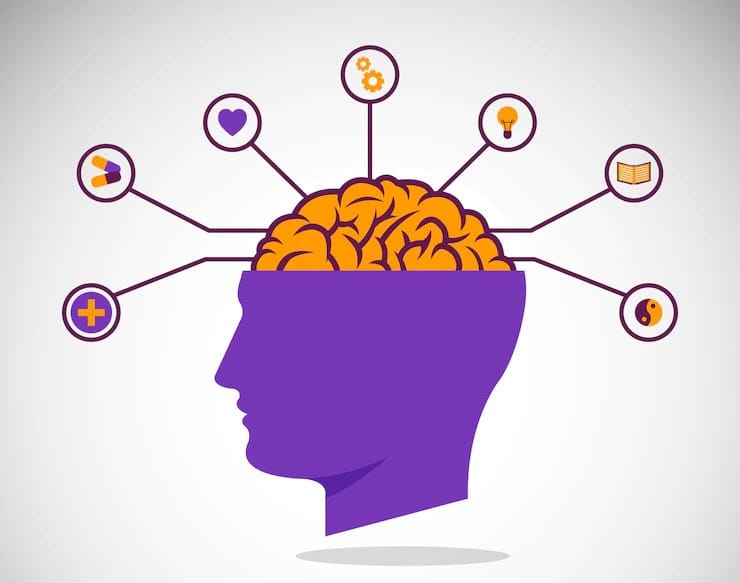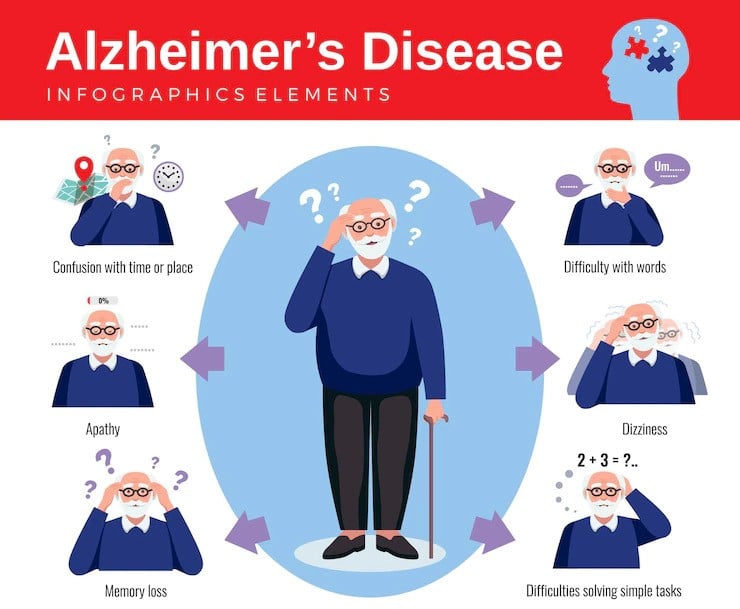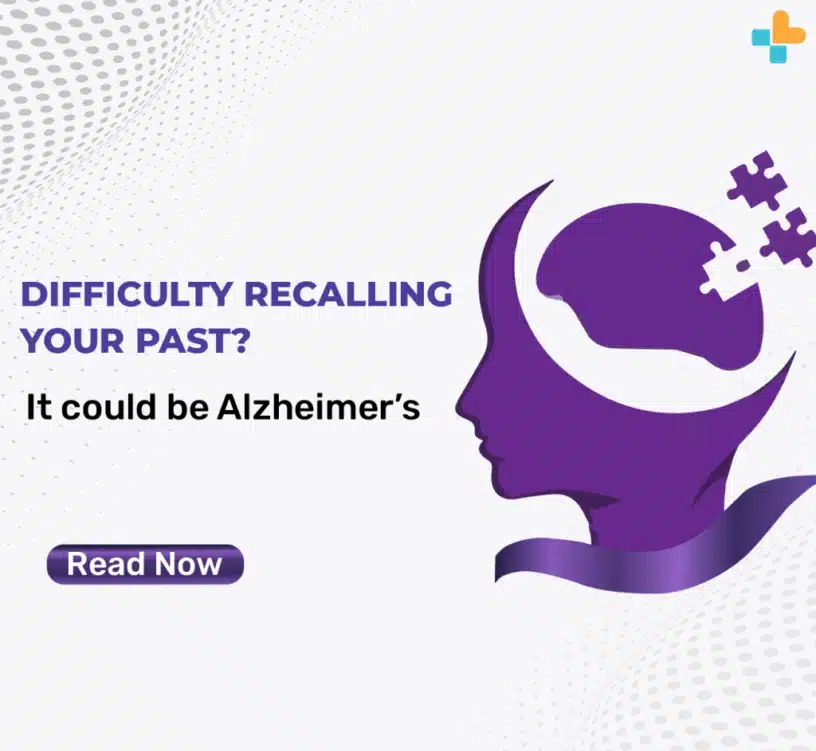We all cherish the memories, and events and recall them that happened long ago. But recalling these memories is not the same for a person with Alzheimer’s. They cannot memorize things and events, unlike a normal person without Alzheimer’s.
What is Alzheimer’s Disease?

Alzheimer’s is a progressive neurological disorder that affects the memory and thinking ability of a person. It is named after Dr. Alois Alzheimer, a psychiatrist. He saw specific changes in the brain tissue of a woman with unusual mental illness, abnormal behavior and language problems.
Signs and Symptoms
The early signs of Alzheimer’s can be forgetting any recent conversations or events. It is noticed that as the disease progresses, a person’s memory worsens further. The symptoms vary depending upon individual life experiences, individual’s personality, relationship with people and circumstances around.

With time, the following are the symptoms noticed in a person with Alzheimer’s:
- Feeling confused
- Trouble focusing
- Poor coordination while walking
- Mood swings
- Anxiety
- Depression
- Difficulty in doing ordinary things
Causes of Alzheimer’s
The exact cause of Alzheimer’s remains unclear. However, researchers believe that abnormal build-up of proteins that surround the brain cells, i.e. neurons trigger the development of Alzheimer’s disease. When the brain cells are affected, there is a decrease in the neurotransmitters that send signals to the brain cells. However, researchers believe that Alzheimer’s develops by a combination of genetic, environmental and lifestyle factors.
Risk factors for Alzheimer’s
Several factors can increase the risk for Alzheimer’s disease. Some of the risk factors for Alzheimer’s are as follows:
- Family history: The genes inherited from the parents can contribute to a small risk of developing the condition. In some families, it can be passed over generations.
- Head injuries: A severe head injury can trigger the risk of developing Alzheimer’s. However, there isn’t effective research on whether a head injury can risk developing Alzheimer’s.
- Down’s syndrome: The genetic changes that occur in people with down’s syndrome can lead to amyloid plaques in the brain, which can trigger the risk of Alzheimer’s.
- Lifestyle factors: According to research, lifestyle factors, such as smoking, obesity, high blood pressure, high cholesterol, and diabetes that are closely associated with cardiovascular disease can increase the risk of Alzheimer’s disease.
Treatment for Alzheimer’s
Currently, there is no cure for Alzheimer’s disease. Medications help to slow down the progression of the disease and help to manage the symptoms of Alzheimer’s. Medicine help to treat psychological symptoms, such as anxiety, depression, delusions, and agitation. Cognitive stimulation therapy helps to improve memory and problem-solving skills.
Caregiving to Alzheimer’s patients
Individuals with Alzheimer’s face challenges while carrying out their regular tasks. They need a supportive environment that helps them lead a normal life like other people around.
Here are some caregiving tips to follow while taking care of a person with Alzheimer’s:
- Educate yourself: Alzheimer’s disease can be staged as mild, moderate, and severe. Learn about the disease as you need to understand the symptoms associated with the disease as it progresses.
- Keep them engaged: Ensure that people with Alzheimer’s are allowed to take a role in daily occupations, such as cooking, household chores, gardening, etc. This helps them stay active and keeps their energy levels high.
- Keep a constant routine: Always try to keep a fixed routine for those with Alzheimer’s. Making changes in their regular schedule can put them into confusion and might make it hard for them to understand and get accustomed to the new routine.
- Make effective communication: Alzheimer’s has a great impact on communication. It causes difficulty in recalling certain words and it interrupts their speech. For easier communication with an Alzheimer’s patient, maintain eye contact and be expressive with your body language to reduce pressure on them for understanding.
- Watch their safety: Sometimes, people with Alzheimer’s feel unsafe in certain situations. Ensure that the objects around are safe and placed in their respective corners to avoid any injuries.
Also Read : Diagnosed with a brain tumor? Here’s what you should do
Consult our Doctor Today
Our doctors at Ayu Health are highly experienced and provide you the right guidance to take care of an individual with Alzheimer’s disease. To consult a psychiatrist, call us on +91 08069489584.
Our Hospital Locations
Psychiatry Surgery Hospitals in Chandigarh | Psychiatry Surgery Hospitals in Bangalore | Psychiatry Surgery Hospitals in NCR | Psychiatry Surgery Hospitals in Hyderabad
Our Doctors
Psychiatry Surgery Doctors in Chandigarh | Psychiatry Surgery Doctors in Bangalore | Psychiatry Surgery Doctors in NCR | Psychiatry Surgery Doctors in Hyderabad
About the Author

Dr. S. Goel
Dr. S. Goel is a renowned Internal Medicine Specialist currently practicing at Ayu Health, Bangalore. He is a Specialist in Internal Medicine, Diabetes HTN, Paediatric Care, and Family Medicine.




